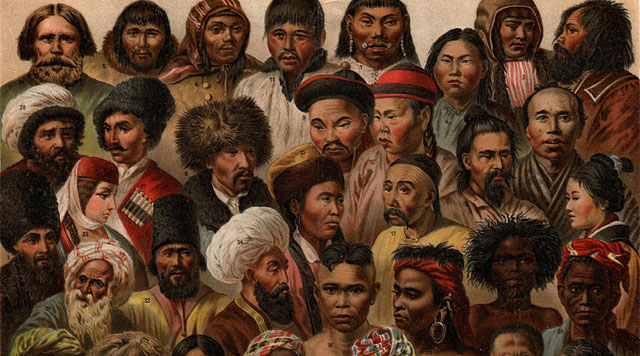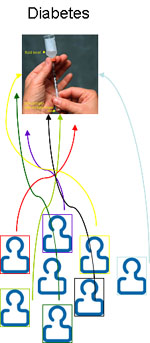
A couple of new studies confirm what many of us have feared: each of us is surprisingly unique genetically. This is to be feared because of the impact it will have on the future of personalized medicine. Our individual uniqueness will make predicting our risk for disease much trickier than we thought. And it will make finding treatments that much harder too.
You’ve probably read that all humans share somewhere between 99.5% and 99.9% of their DNA. Usually this is translated into saying that we have a difference in our DNA every 1000 bases or so. (By bases I mean the A’s, G’s, C’s, and T’s that make up our DNA.)
These differences were supposed to be shared by many people. So a lot of people would have a G at a certain position and the rest of us would have a T. The first study shows that this is not the case.
Instead, we all have many rare DNA differences scattered throughout our DNA. When the researchers looked at 202 different genes from 14,002 people, they found a rare variant every 17 bases or so. This is way higher than many people thought.
What’s worse is that these differences aren’t all benign. The other study published in Science showed that a surprisingly high percentage, around 2.3%, is predicted to significantly impact a gene. In other words, we are all burdened with many gene-altering and so potentially harmful DNA differences.

